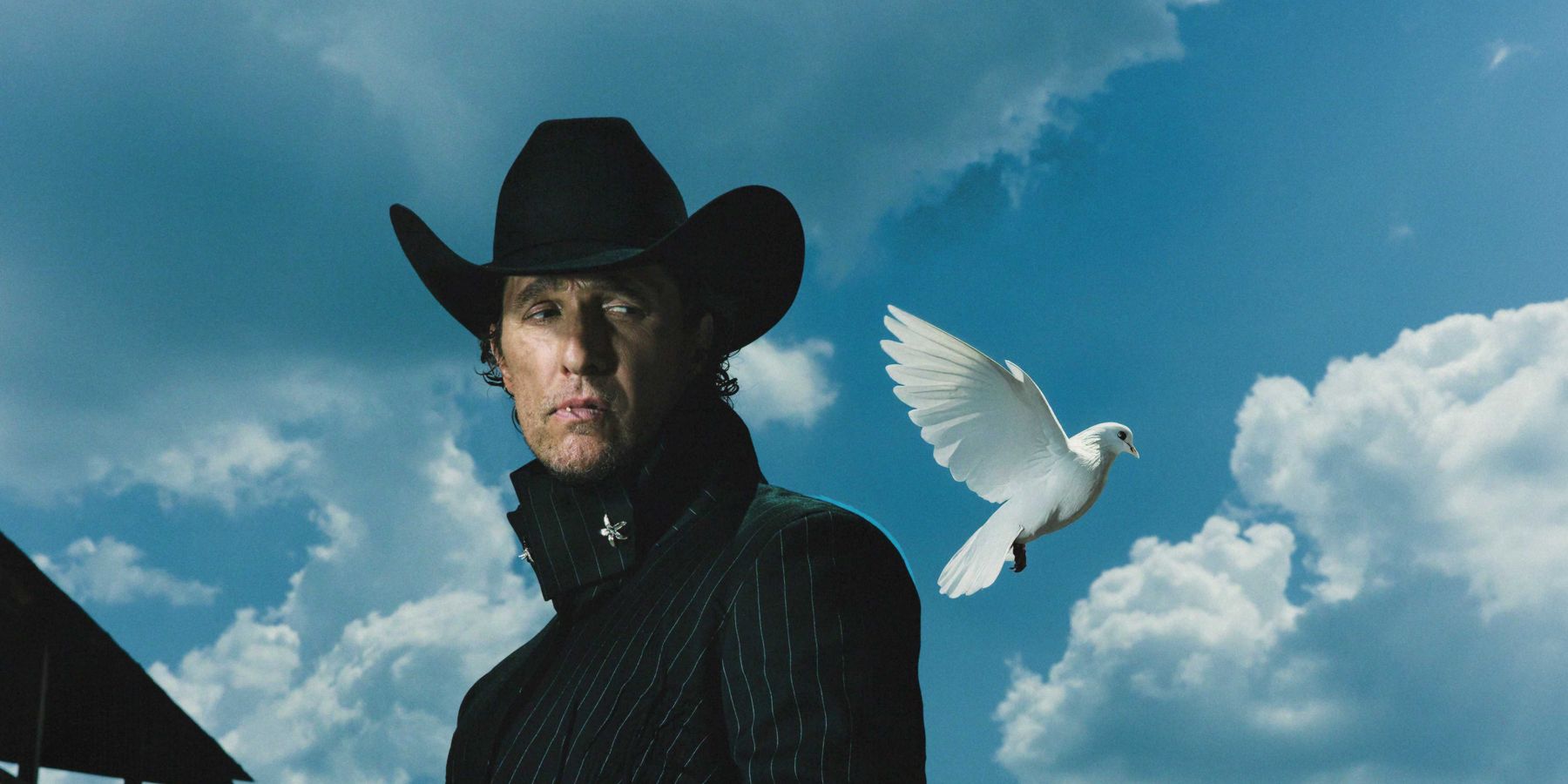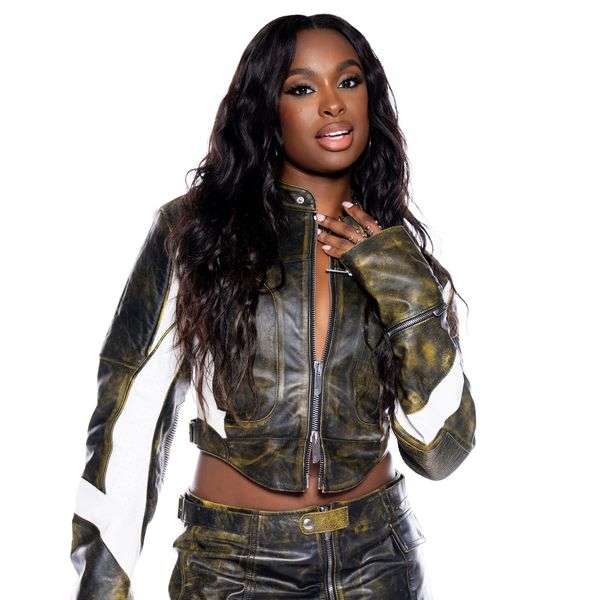
Coco Jones Is Already Winning
Jan 25, 2024
When Coco Jones found out she had been nominated for five Grammy Awards this year, she was on a plane. At first she confused the constant buzzing and vibrating from her phone with turbulence, but then congratulations texts started flowing in.
“When I opened my eyes and checked my phone I knew it was definitely about a Grammy nomination,” she tells PAPER, a smile beaming across her face as we sit in a quiet Midtown New York City hotel lobby. “But, people kept saying five! I’m like, ‘Five what?’” she laughs. Jones' five nods include Best R&B Album for What I Didn’t Tell You (Deluxe), Best R&B Song and Best R&B Performance for her track “ICU,” Best Traditional R&B Performance for her song “Simple” and the coveted Best New Artist award.
When she could finally land and return people’s calls, she was in shock. “It’s literally been hours and they're like, ‘five nominations, you got five nominations!’” The 25-year-old star called her mom back first. “I recorded her reaction,” she says. “It was mainly screaming.”
The former Disney star and current Best New Artist Grammy nominee is turning bold vulnerability into a multi-hyphenated career. Born outside of Nashville in a small town called Lebanon, she got her start on Radio Disney’s Next Big Thing before popping up on the channel’s mainstays like the film Let It Shine and series Good Luck Charlie. But then it felt like everything stopped. That was until 2020, when a fan tweeted asking “What happened to Coco Jones,” and she decided to answer that question by going live in a now-viral YouTube video. The video not only spun a hilarious catchphrase (see: “Yes I did that and you would do it too, for a check!”) but also gave Jones a chance to tell her story and see that her fans were still there, waiting for her to make a comeback. She leveraged her audience, talent and voice to do just that, taking on the role of Hilary Banks in 2021’s Bel-Air and singing to Def Jam in 2022.
“Success isn't one way, it's not one track,” she says, recalling that time in her career. “It's definitely not your first expectation of it. You're going to be disappointed and reframing your expectations the entire time, even now. I wish I would have known that earlier.”
Towards the end of our interview, she thinks about the upcoming Grammy ceremony, joking with her publicist and laughing, “We’re leaving with at least one!” But even if she leaves the night without the big gold trophy, it’s clear from what she’s achieved that she’s already won.
Here, Jones talks to PAPER about her path from kid star to award-winning singer, being a powerful example for Black women, her hit single "ICU" and how career challenges pushed her towards career success.
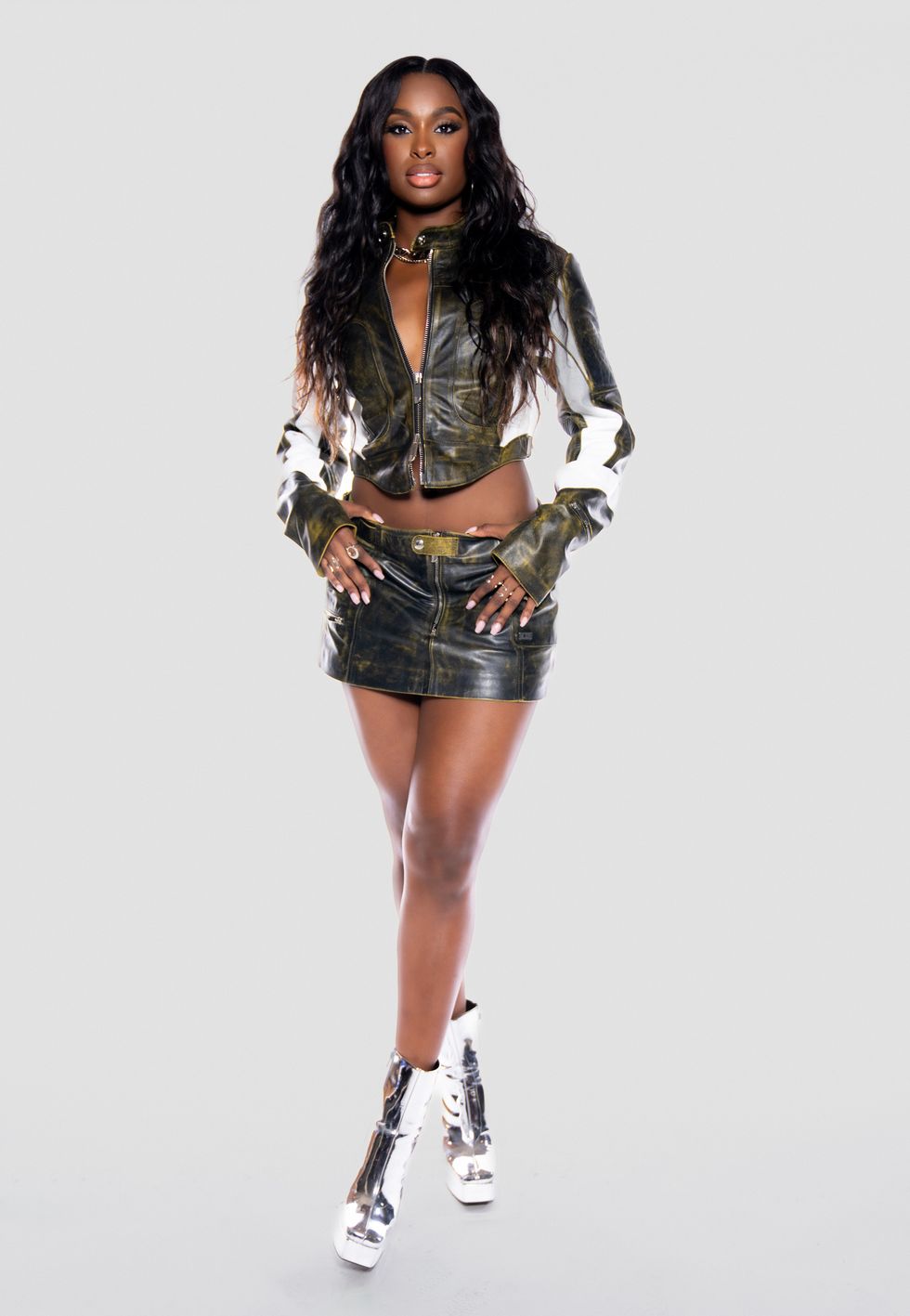
I know some artists have their minds set on the Grammys from the beginning of their careers. Was that something you were manifesting?
I definitely always had the Grammys in mind. It was always this prestigious, highly esteemed award to win so if you're doing that you're doing something right. I didn't know all the details, but it was on my vision board for years.
Out of all the nominations, which is the one that means most to you personally?
Best New Artists in totality is genreless. So to me, that's a really powerful award. The competition is steep for that award, with a lot of talented contenders. [Winning] that to me would would mean a lot.
You're nominated for two awards for your single "ICU." What about that song do you think resonated so well with listeners?
Music is supposed to wake something up in you, whatever emotion you desire at that time, whether it's exciting, because you want to go out to the club, whether it's heartbreak, and you just want to mourn for your relationship or for your loved ones. It's supposed to trigger any emotion in you. I think "ICU" really had such success because it's a song you can't play and not feel something.
You've already had such a storied career from Disney to now. What are some challenges you dealt with to get here that people may not be aware of?
One of the challenges people don't recognize is how your own view on your body [impacts you]. Your body and how you present yourself to the world is like such a front-facing, pressing matter. Another challenge that I don't feel like I really talk about as much are times when you're in fittings, and you told the stylists these sizes and then they don't fit anymore. You're like 'Okay, now, what do I do here? What am I gonna wear? Fluctuation of the human body is so natural and on display in this industry that it can really play with your mind. Not to mention, sometimes the fancy looks are in a specific size, so it's like, 'Wow, okay. I wanted to wear that, but it's not for me, I guess.' I think that's another challenge that I had to grow out of. As a young adult, you don't really know how to handle that feeling. As a grown woman, you kind of have to find your peace in the midst of knowing you're always going to be lowkey judged by how you look, what you wear and what that could do to you. You have to be strong enough to not allow it to play with your confidence.
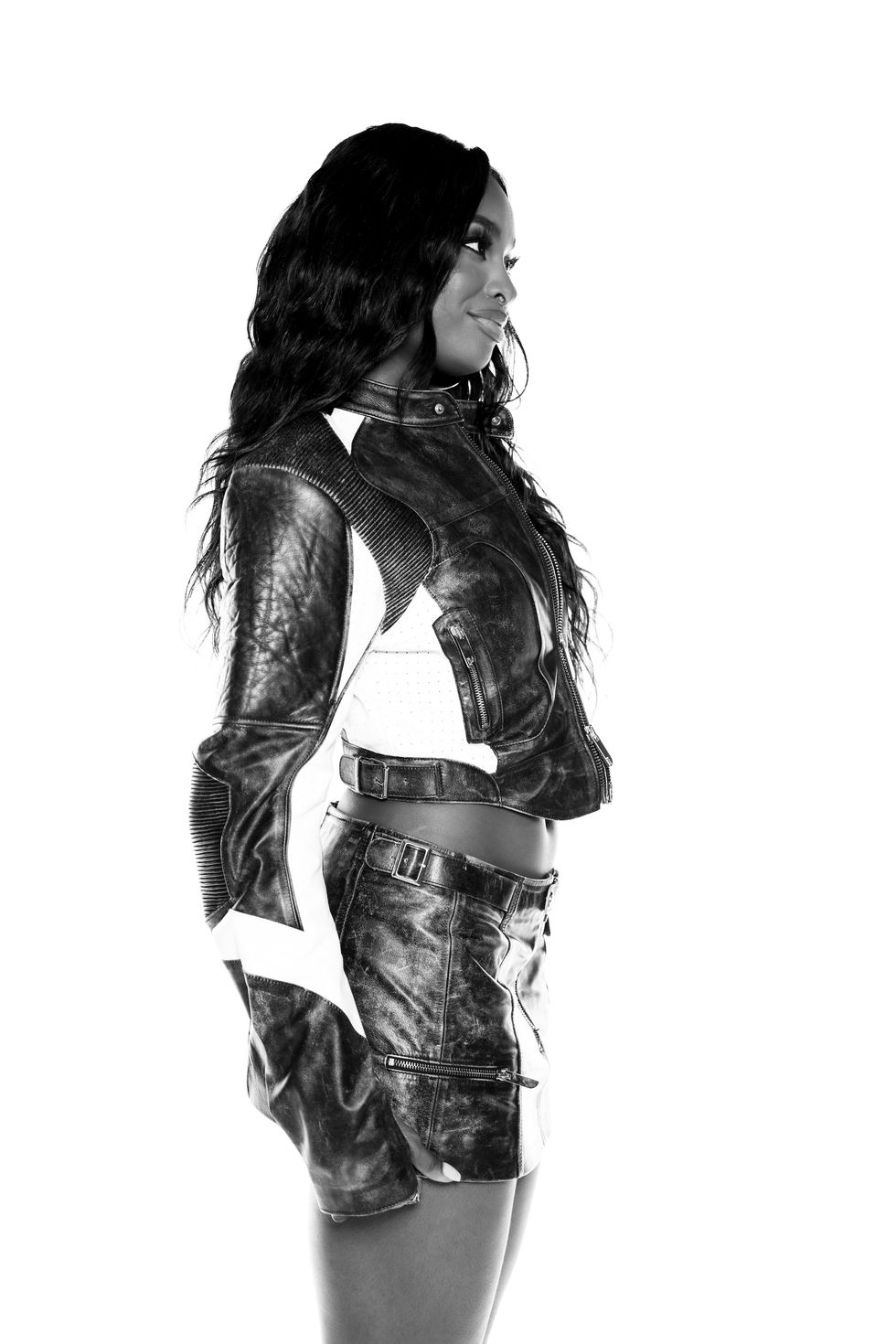
What advice would you give to other women dealing with that same outward societal pressure?
It’s a lot about how you speak to yourself that really determines who you truly are. You can pretend for the cameras, but how you talk to yourself is how you talk to who you think you are. I think a lot of it is your inner dialogue, your subconscious. Also, it's protecting yourself. I’m not going to go somewhere where I know my feelings are gonna get hurt. If that's social media that day, I'm not I'm not logging on. I don't put myself in an environment where I could see something that would affect me. Then there’s also productivity and being the change that you want to see. I know when I'm slacking, I know when I'm not happy with how I look. That has nothing to do with anyone else. That's strictly me. I know what to do when I don't like what I see and those things are all healthy discipline and the choices that make me happier with the outcome of myself and my body.
Some of that work you’re talking about seems to be around presenting yourself as a proud dark-skinned Black woman in an industry that doesn’t always have that representation. Has that been challenging for you?
I feel like it's an honor and a challenge to represent anything, but especially for young Black women. I think it's challenging because I want to make sure everything looks good and looks the part and it's all beautiful and likable and positive. But that's just not how it is all the time. So I have to push past that social media pressure to say when things aren't giving, when time is taking longer. Speaking those truths can be scary sometimes because I don't want to seem like a crybaby, but I really just want to keep it 100 with the people who look up to me, so they're not misled by my quote-unquote highlight reel that I'm posting every day.
It's an honor because I think succeeding means that another young Black girl can succeed and will succeed. One because you see it and what you see sometimes affects what you believe. But then also, I think success breeds more of whatever is successful. If I do well, it's easier for me to pitch another young Black girl who's giving what I'm giving. I can pave the way for somebody like so many greats have paved the way for me so I think it's it's worth it. Challenging, but worth it.
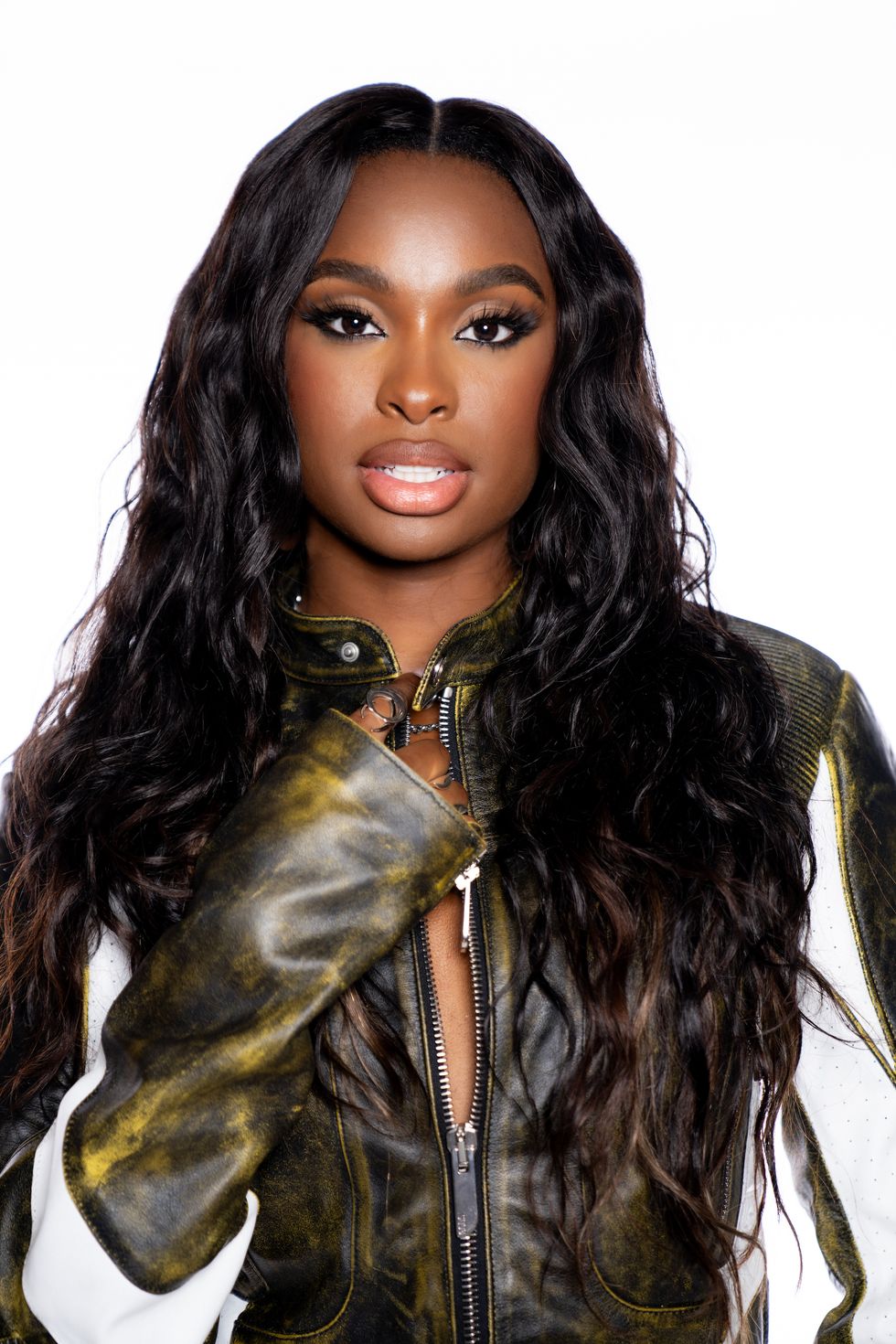
You mentioned that you wanted to go your own way with "What I Didn't Tell You" to make sure it wasn't just formulaic R&B. Why was that important for you?
Creatively, with time, I kept experimenting and being more and more open, more and more vulnerable, and better, honestly, at telling my stories. So by the end of it, I just really had one goal, I had all these songs and I felt like I really just wanted to introduce myself and reintroduce myself to the world as the most authentic side of me. So when we picked songs, it was like, this is me in love. This is me at the club. This is me when I'm mad, these are the sides of me. Do ya'll like me? That was the end goal, just to share all of me and let people decide what to do with that. And [the reception] has been a relief.
If you could time travel to the younger version of yourself and offer her advice from the person you are now, what would it be?
There are so many different stages of me where I was really low. I would probably go back to right around the time when I made that YouTube video and responded to that tweet. I would tell myself that the younger me, the one who was limitless in beliefs, that's who I have to be in order to get where I want to go. Right now I'm operating as a insecure version of myself. I know it and you know and it's not going to get you where you need to go. The only way you can get there is to channel that younger you who literally believed the sky was the limit and who won't stop. Hurry up and get back to that. Hurry up and get back to that so you can enjoy this time where the world doesn't get it but you get it. So you can get where you need to go faster because right now you're making choices with the wrong mindset of who you are.
What are you most excited to share with fans next?
I'm most excited for this debut album. I feel like the reception that I got from the world charged me up in a different way than I could ever expect. I feel high pressure on myself, which is good. That's where I operate really well. I want to really make myself proud with this next project. I know the goals that I have in my mind. So that's what I'm most excited about to look at this body of work as a more mature, more educated, more competent artist and be like this eats, regardless of where it goes in the world. I want to be able to say that with this new standard, I've set for myself, that's mainly all in my head. I know I'll get there.
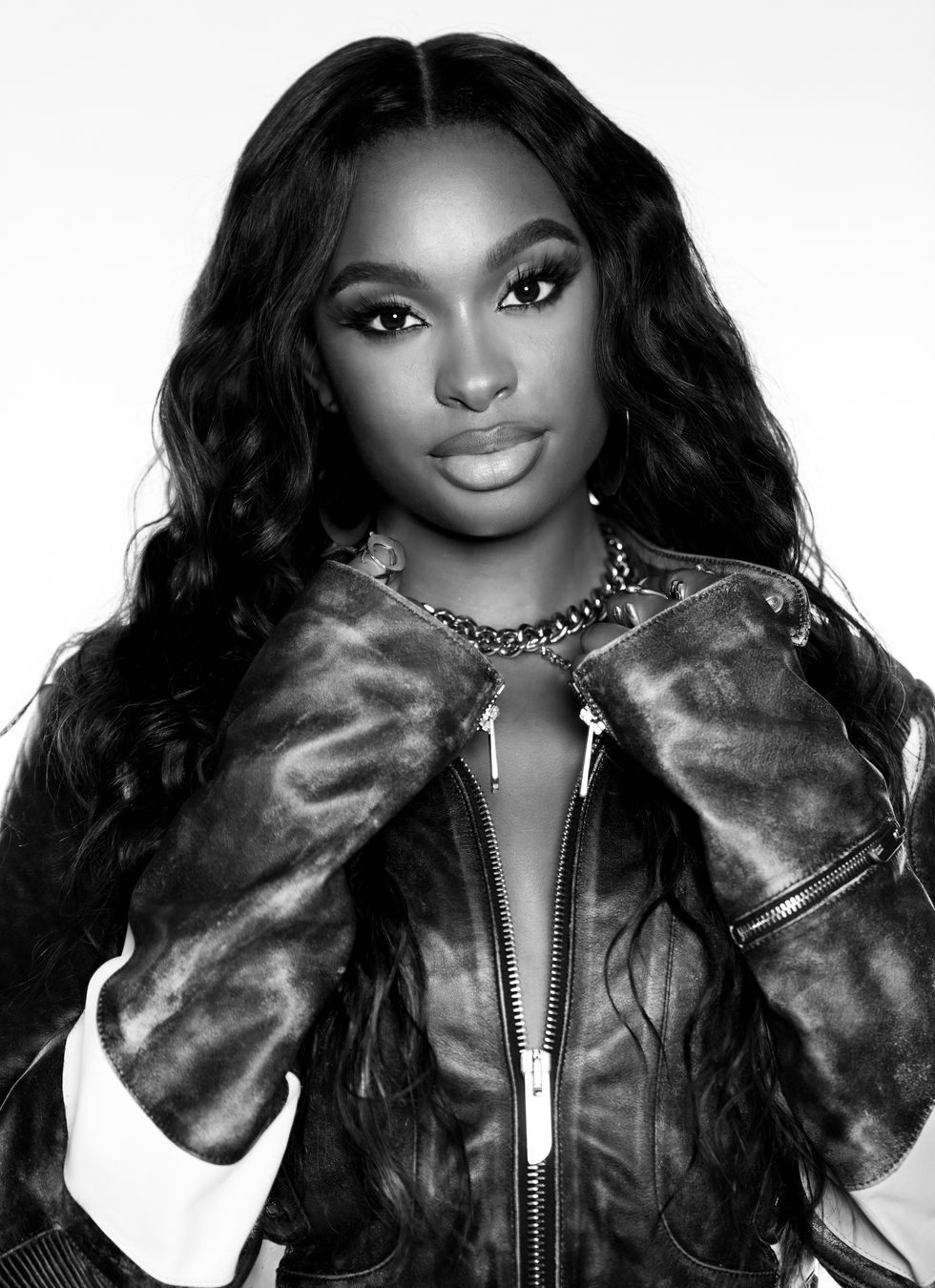
Photography: Lea Mende
From Your Site Articles
Related Articles Around the Web
MORE ON PAPER
Entertainment
Cynthia Erivo in Full Bloom
Photography by David LaChapelle / Story by Joan Summers / Styling by Jason Bolden / Makeup by Joanna Simkim / Nails by Shea Osei
Photography by David LaChapelle / Story by Joan Summers / Styling by Jason Bolden / Makeup by Joanna Simkim / Nails by Shea Osei
01 December
Entertainment
Rami Malek Is Certifiably Unserious
Story by Joan Summers / Photography by Adam Powell
Story by Joan Summers / Photography by Adam Powell
14 November
Music
Janelle Monáe, HalloQueen
Story by Ivan Guzman / Photography by Pol Kurucz/ Styling by Alexandra Mandelkorn/ Hair by Nikki Nelms/ Makeup by Sasha Glasser/ Nails by Juan Alvear/ Set design by Krystall Schott
Story by Ivan Guzman / Photography by Pol Kurucz/ Styling by Alexandra Mandelkorn/ Hair by Nikki Nelms/ Makeup by Sasha Glasser/ Nails by Juan Alvear/ Set design by Krystall Schott
27 October
Music
You Don’t Move Cardi B
Story by Erica Campbell / Photography by Jora Frantzis / Styling by Kollin Carter/ Hair by Tokyo Stylez/ Makeup by Erika LaPearl/ Nails by Coca Nguyen/ Set design by Allegra Peyton
Story by Erica Campbell / Photography by Jora Frantzis / Styling by Kollin Carter/ Hair by Tokyo Stylez/ Makeup by Erika LaPearl/ Nails by Coca Nguyen/ Set design by Allegra Peyton
14 October
Entertainment
Matthew McConaughey Found His Rhythm
Story by Joan Summers / Photography by Greg Swales / Styling by Angelina Cantu / Grooming by Kara Yoshimoto Bua
Story by Joan Summers / Photography by Greg Swales / Styling by Angelina Cantu / Grooming by Kara Yoshimoto Bua
30 September




